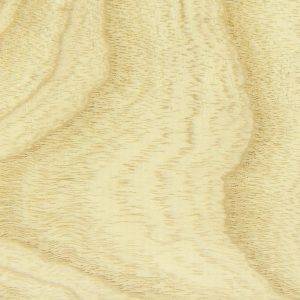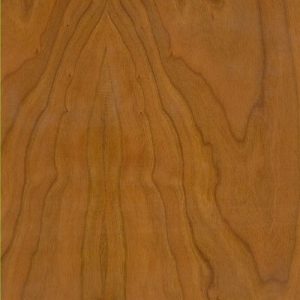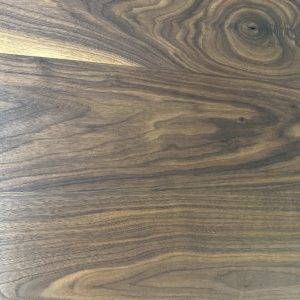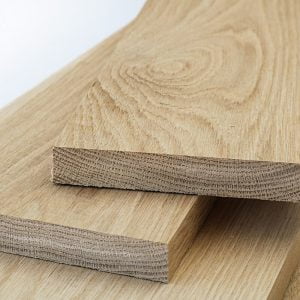Find Your Perfect Wood Product
If you find a product you like, reach out to us for more details and assistance.
Hickory
Hickory is extremely tough and resilient with the rustic charm of color variety and open grain. Don’t be fooled, hickory can be difficult to manipulate by hand, but it looks wonderful when finished.
Length: 8′
Thickness:
4/4 $5.25/Bd ft
8/4 $8.00/Bd ft
- Common Name(s): Hickory, Pecan
- Scientific Name: Carya spp. (including Carya ovata, Carya laciniosa, and others)
- Distribution: Hickory grows naturally in a general range from the Missouri River eastward. It’s especially abundant in the Central States that include the lower Mississippi Valley
- Tree Size: 65-100 ft (20-30 m) tall, 2-3 ft (0.6-1.0 m) trunk diameter
- Average Dried Weight: 50.5 lbs/ft³ (810 kg/m³)
- Janka Hardness: 1,820 lbf (8,100 N)
- Crushing Strength: 9,210 lbf/in² (63.5 MPa)
Heartwood: Light to medium brown, sometimes with a reddish hue.
Sapwood: Pale to nearly white, providing a sharp contrast to the heartwood.
Grain: Generally straight, but can be wavy or irregular.
Texture: Medium texture with a moderate natural luster.
Hickory is rated as non-durable to perishable in regard to decay resistance, and susceptible to insect attack.
Hickory is considered difficult to work with due to its density and tendency to blunt cutting edges. It is known for its toughness and resistance to shock, which makes it ideal for tool handles and other high-wear applications. It turns, glues, and finishes well, although pre-drilling is recommended for nailing and screwing.
-
- Tool handles
- Furniture
- Flooring
- Plywood
- Ladder rungs
- Sporting goods
- Specialty wood items







Hickory is renowned for its combination of strength, hardness, and toughness, and it is used where high shock resistance is important. Its distinctive grain pattern and contrasting colors make it a popular choice for decorative applications as well. Despite its workability challenges, it remains a favorite among woodworkers for its performance characteristics.